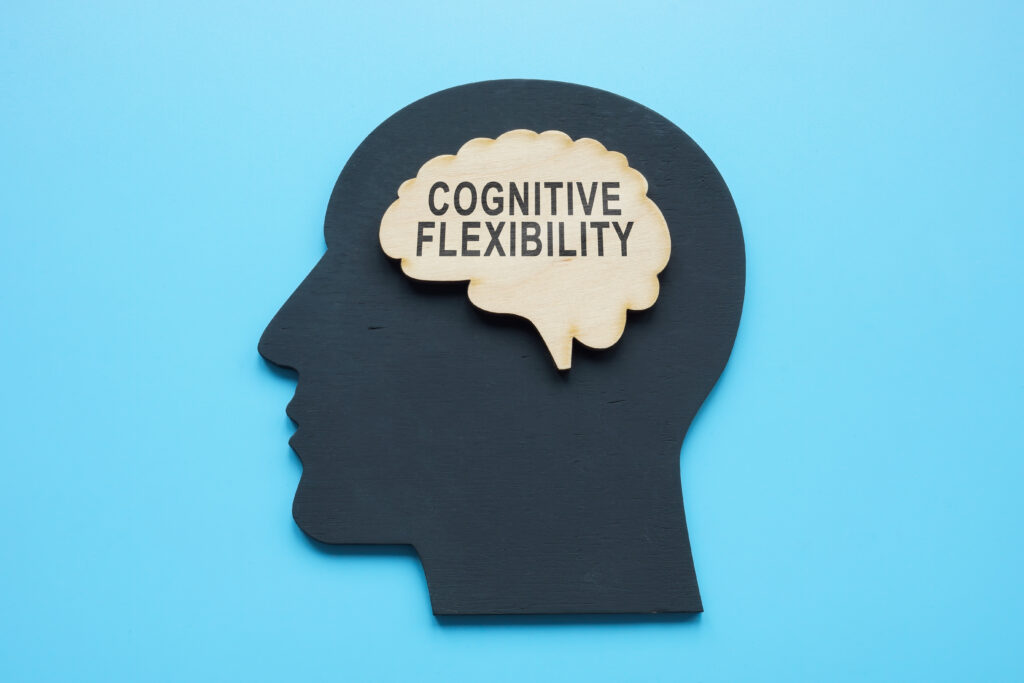Aspartame is a widely used artificial sweetener that has been in the market since the 1980s. It is commonly found in diet soda, sugar-free gum, and other low-calorie or sugar-free products. However, aspartame has been a subject of controversy for many years, with some claiming it to be harmful to our health. One of the main concerns is its potential link to Alzheimer’s disease.
Alzheimer’s disease is a progressive brain disorder that affects memory, thinking, and behavior. It is the most common cause of dementia, a term used to describe a decline in cognitive abilities that interferes with daily life. According to the Alzheimer’s Association, it is estimated that 5.8 million Americans are living with Alzheimer’s, and this number is expected to rise to nearly 14 million by 2050.
The concern about aspartame and its potential association with Alzheimer’s disease stems from the fact that it is made up of two amino acids, aspartic acid, and phenylalanine. These two amino acids are also found in high levels in the brains of people with Alzheimer’s disease. This has led some to believe that consuming aspartame could lead to an accumulation of these amino acids in the brain, causing damage and contributing to the development of Alzheimer’s.
However, scientific studies have not found any concrete evidence to support this claim. The Food and Drug Administration (FDA) has approved aspartame for use in food and beverages and has stated that it is safe for consumption. The FDA has conducted extensive research on aspartame and has not found any link between it and Alzheimer’s disease.
In fact, one study published in the American Journal of Clinical Nutrition found that there was no significant association between aspartame intake and the risk of developing Alzheimer’s disease. The study followed over 7,000 adults for 10 years and concluded that there was no evidence to suggest that aspartame consumption increases the risk of Alzheimer’s disease.
Another study published in the Journal of Alzheimer’s Disease also found no link between aspartame and Alzheimer’s disease. The study examined the brains of deceased individuals with Alzheimer’s disease and found no evidence of aspartame accumulation or toxicity.
So, if there is no evidence to support the claim that aspartame causes Alzheimer’s disease, where did this concern come from? It is believed that the initial speculation about this link came from a study conducted in 1996 by a group of researchers in Italy. The study was conducted on rats and found that high doses of aspartame led to an increase in brain tumors. However, this study has been widely discredited for its flaws and has not been replicated in any other studies.
Furthermore, the amount of aspartame used in the study was much higher than what humans would typically consume, making it irrelevant to our daily intake. The FDA states that to reach the doses used in the study, a person would have to drink over 11 cans of diet soda every day for a lifetime.
In addition, the Mayo Clinic states that consuming moderate levels of aspartame is safe for most people, including pregnant women and children. However, people with phenylketonuria (PKU), a rare genetic disorder, should avoid products containing aspartame as their bodies cannot properly break down phenylalanine.
There are also claims that aspartame can cause other health issues such as headaches, seizures, and cancer. However, there is no scientific evidence to support these claims. The FDA has approved aspartame as safe for consumption, and it continues to monitor any potential adverse effects through ongoing research.
In conclusion, there is no credible scientific evidence to suggest that aspartame causes Alzheimer’s disease. The FDA has approved aspartame for use in food and beverages, and numerous studies have found no link between the two. However, as with any food or drink, moderation is key. Consuming large amounts of aspartame or any other artificial sweetener may have negative effects on your health. As always, it is essential to have a balanced and varied diet for overall well-being.


